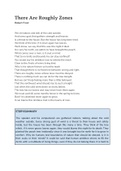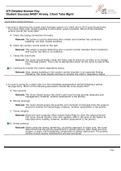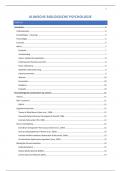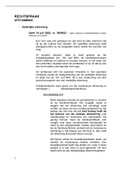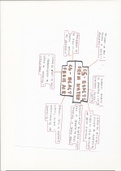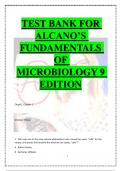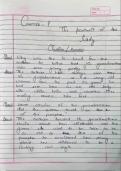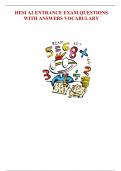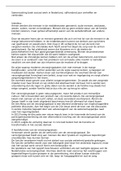Robert Frost
We sit indoors and talk of the cold outside.
And every gust that gathers strength and heaves
Is a threat to the house. But the house has long been tried.
We think of the tree. If it never again has leaves,
We’ll know, we say, that this was the night it died.
It is very far north, we admit, to have brought the peach.
What comes over a man, is it soul or mind
That to no limits and bounds he can stay confined?
You would say his ambition was to extend the reach
Clear to the Arctic of every living kind.
Why is his nature forever so hard to teach
That though there is no fixed line between wrong and right,
There are roughly zones whose laws must be obeyed.
There is nothing much we can do for the tree tonight.
But we can’t help feeling more than a little betrayed
That the northwest wind should rise to such a height
Just when the cold went down so many below.
The tree has no leaves and may never have them again.
We must wait till some months hence in the spring to know.
But if it is destined never again to grow,
It can blame this limitless trait in the hearts of men.
STORY/SUMMARY
The speaker and his companion/s are gathered indoors, talking about the cold
weather outside. Every strong gust of wind is a threat to their house and safety
inside, but the house has been through this many a time. They think of the tree
which, if it never grows leaves again, they would blame this night for its death. They
planted the peach tree irrationally since it was brought too far north for it to grow in
comfort. Why do humans test boundaries of nature that should be obeyed, is it in
their souls or their minds? It could be said that human ambition strives to fill the
Arctic with a multitude of living things, even if they do not belong there. It is hard to
, teach humans that though there is no true line between what is morally right and
wrong, there are roughly zones in nature that correspond to natural laws and
boundaries (it’s clear that the humans in the poem have crossed these boundaries by
moving the peach tree too far north to comfortably survive). There is nothing that the
speaker and companion/s can do to help the tree on this night, but they feel offended
that the northwest wind and cold temperature has become so prevalent,
endangering the tree they placed - there is also a double sense that they should not
be angry at nature bringing storms, but instead at themselves for not respecting its
boundaries. The tree no longer has leaves and it may never have them again, but
they have to wait until the spring to know for sure. If the tree is destined to not grow
again, its death can be blamed on the limitless propensity that is in the hearts of men
to push boundaries and disrespect natural law.
SPEAKER/VOICE
- The first person plural collective noun of ‘we’ is predominantly used, giving the
aura that the speaker is not the only human at fault and that all humans share
this same flaw.
- There is an interesting antithesis in the delivery of the speaker: the actions and
narration of the speaker greatly contrasts his views and inner debate, ‘a little
betrayed’ seems to put the blame of the destruction of the tree onto nature,
whilst ‘blame… hearts of men’ demonstrates the contrast of this. This debate
helps to fortify the conclusion as the reader is encouraged to see that the acts
and narration from the speaker is undesirable to nature and the conclusion
paints the speaker’s actions in a negative light, rather than blaming nature for
the destruction of the tree.
- The tone of the speaker initially seems worried and angry about the potential
death of the tree and after trying to find blame in other entities (such as the
storm), he attempts to victimise himself in the way in which the peach is
victimised. However, the conclusion of the poem and the juxtaposition of reality
in the speaker’s tone tells the reader that the speaker does realise that his
actions were the true villain and that nature cannot be blamed for the
destruction of the tree.
- The debate present in the narration parallels the debate in human nature:
though humans realise deep down that disrupting nature has consequences,
they continue to take plants away from their natural habitats and into potential
danger zones, simply for their own gain.

